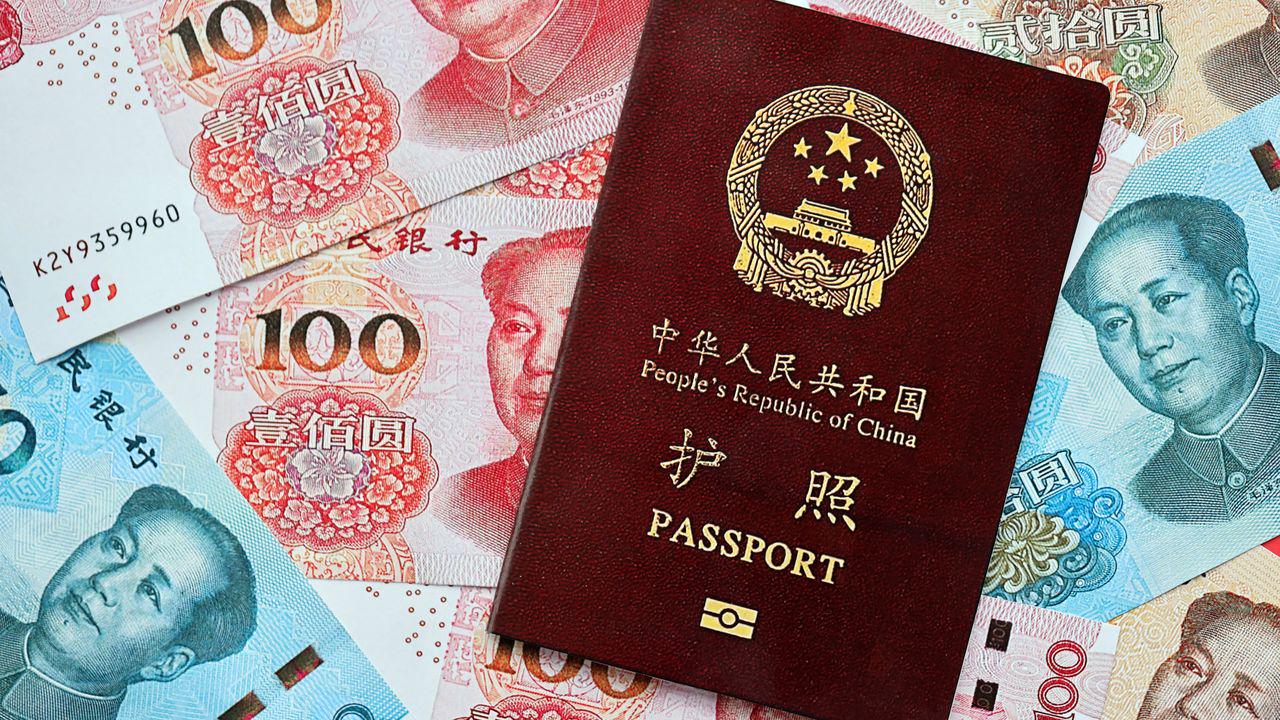
The number of Chinese residents in Japan has surpassed 870,000, reflecting their growing presence in Japanese society. Amid economic and political uncertainties in China, more Chinese nationals are relocating to Japan, leading to tensions within the Chinese community. Some “newcomers,” who have arrived since the COVID-19 pandemic primarily for business purposes, have been noted for their abrupt and arrogant attitudes, which are causing friction with established Chinese residents who have lived in Japan for decades.
These newcomers often adopt a “wealthy image,” flaunting their financial status. One incident involved a new arrival, Mr. Chen, who demanded an upscale setting for a business meeting and criticized local amenities. Such behavior reflects the business culture in China, yet it irked many long-standing residents like Mr. Wang, who feel disrespected by newcomer attitudes.
The pandemic accelerated the “exodus” trend, shifting the motive for moving to Japan from education and work opportunities to seeking a new life outside China. While newcomers, often coming with business visas, are growing in numbers, they remain a minority. Many rely on the guidance of long-term residents familiar with Japanese society for successful integration. However, their disregard for local customs and insistence on “Chinese ways” have sparked tensions within the community.
Media reports have highlighted incidents that showcase the newcomers’ approach, such as property investments aimed at profit rather than community integration, leading to a perception of exploitation among Japanese citizens. This has placed established Chinese residents in an uncomfortable position, as they navigate perceptions shaped by the newcomers’ actions.
Unlike older generations who endeavored to integrate into Japanese society, many newcomers lack a deeper appreciation or understanding of Japan. Their focus is predominantly on business, with little interest in community involvement. This contrasts with longtime residents who have raised their children in local schools and built relationships within Japanese society.
In similar scenarios elsewhere, such as Hong Kong, newcomers from mainland China have also been perceived as detached and superior, fueling tensions with local populations. Although each region has unique circumstances, the overarching pattern of imposing “Chinese methods” is consistent.
The writer expresses concern about the potential impact of these emerging tensions on both the Chinese community and Japanese society, emphasizing the achievements of longstanding residents who have quietly contributed to vibrant multiculturalism in Japan.
by MagazineKey4532
